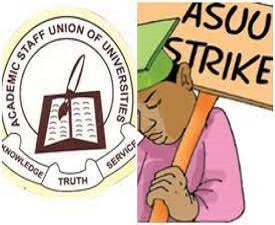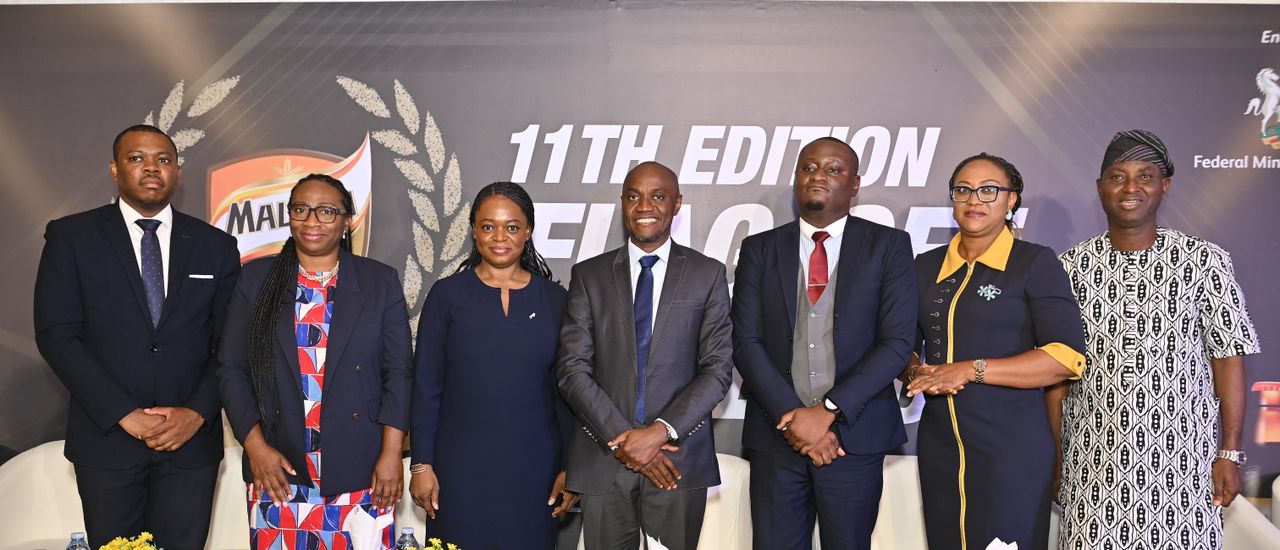ASUU Strike And The Research Component Of The Threefold-Job Of A University Lecturer In Nigeria
Posted on September 21, 2022
ALBERT ONOBHAYEDO

The ongoing strike action by lecturers in Nigeria has exposed the morbid ignorance in the country regarding the character of universities as research institutions. I am encouraged to wade into this dangerous crisis of enlightenment because ignorance is curable, except for those who are fixated and unwilling to learn.
Ayo Banjo once defined a university as a community of scholars dedicated to the advancement of knowledge and the pursuit of truth. This implies that scholarship is the nucleus of university business.
The foundation of this order was laid way back in ancient civilizations and has been reinforced over the years. Embryonic universities began as congregations of thinkers that generated knowledge by personal observations reflections, studies and research. They attracted acolytes that evolved into students. Thus, institutions like the University of Alexandria in Egypt, Plato’s academy and guilds of alchemists were the forerunners of the modern university system. The lead congregants were maesters (masters) who inspired awe and constituted resource persons to rulers and society, but were sometimes hunted for their novel ideas and stubborn inclination towards independent thinking. They expanded the frontiers of knowledge through research and engaged in debates to solve human problems. The society always wanted to hear from them. (As they still do in the developed and truly developing world), hence the culture of debates, seminars, conferences, workshops and community service in the university system.
Therefore, unlike the puzzle of the egg and the hen, there is no question as to which came first between research and teaching in the university system. The thinkers constituted the bedrock of the proto-universities. As such, they (universities) were conceived, first, as research entities. Research became the springboard of the didactic content of scholarship. It is this didactic content that most Nigerians are familiar with, although ignorant of the excruciating excess work load lecturers bear in that regard.
In the ancient world, the enterprise was so profound that, somewhat, it wore a cultic toga as the temple of logic and reason. But since the high middle ages, the cultic veil has been ‘torn in two’, even though elements such as initiation (matriculation oath and hooded regalia) have survived.
Access to the university business has broadened significantly in modern times, with the attendant risk of abuses by ignoramuses who run where angels fear to tread. This is why dilettantes, including those holding political office, can pick up a pen and spew out garbage about scholarship and lecturers in Nigeria.
Having realised that research holds the secret of progress, governments began to invest in universities without tempering with their souls, which is, autonomy, to protect the sanctity and integrity of research findings. This gave rise to the bifurcation of society into the town and the gown, the latter being rated as a citadel in its own right. But this line of demarcation is gradually being eroded in Nigeria because of obtrusive centralised control.
Shielded (so to speak) from politics, hunger and unnecessary distraction, men and women of the gown, through research and ideas generated thereby, gradually stirred humanity away from superstition, ignorance, barbarism, inordinate traditions, dogmatism and human right abuses, towards reason and sublimity.
Without the input of researchers, and university-trained minds, political revolutions would probably have remained in the form of brigandage and wars of territorial expansion which, in the past, crystalised in the empire system and oppressive socio-economic and political formations, where demagogues held sway.
(Much research is needed today on the resurgence of primitive expansionism in Nigeria).
Research has also extended human capacity and productivity through science and technology. Thus, universities have not only functioned as incubators of scholars and ideas, they have also been the lubricants of the wheel of progress. In the university system, ideas are generated, debated, endorsed or crushed to stir humanity alright.
As education became a critical parameter for measuring progress, scholars and universities were taxed more and more to fecundate oncoming generations with ideas.
This is why the teaching component of the university system gained traction to the extent of being misconstrued to be of greater moment and the only business of a lecturer that matters. Erroneously, therefore, when lecturers are compelled by circumstances and a desire to improve on research, teaching and learning conditions to down tools during a strike, the uninformed assumes they are completely disengaged from work, This is not the case because teaching is only a fraction of what they are employed to do in their trio of jobs – *research, teaching and community service*. What the public sees during a strike action is that lecturers have disengaged from teaching. But what they do not see is that the age-long elements of research and community service are sustained.
Research makes teaching at the tertiary level possible *,* for without it there will be nothing to teach and society will be starved of new ideas as _Nemo dat quod non habet_ (you cannot give what you do not have) *.* The research component of a lecturer’s job occupies such a huge space that it forms the basis of assessment for promotion. In most Nigerian universities, virtually no point is awarded for teaching in promotion exercises. If awarded at all, it is, usually, very negligible. This is well captured in the university rhyme – *publish or perish*. To that extent, the research angle of a lecturer’s job engages him all year round and is never compromised or diminished by strike action.
In what amounts to the shifting of the goal post, the degree of research and number of publications required for promotion in Nigerian universities are jacked up from time to time, and perhaps, have become the highest in the world.
I once asked a Professor of a well rated American State university, _viva voce_ , how many publications a lecturer requires to become eligible for the rank of a professor in her university. Her response was, ‘three journal articles and a book published by the press of her university’. She was shocked when she learnt that with that number, you could not rise above the rank of Lecturer I to that of Senior Lecturer, let alone, Associate Professor and full Professor in Nigeria.
This raises the question of the rationale for changing the minimum number of papers required to become a professor in Nigeria from six, or thereabouts, to about 25 (amounting to an over 300% increase), in a descending, but proportionally bloated order, to other ranks. In addition to the regime of articles, a lecturer must now have a Ph.D before he could advance beyond Lecture I. The salaries and allowances of lecturers were not increased correspondingly. We are talking about people who bear the load of teaching to a scale that surpasses global and NUC benchmarks in terms of lecturer-student ratio and number of courses to be taught per a unit of time (the basis of agitation for payment for excess workload).
A corollary of research and publications is the requirement that lecturers should attend conferences, seminars and workshops. Therefore, they conduct research in and out of seasons, regardless of strike action, preparing for such academic exercises. To this end, they visit libraries and archives, register in online platforms, expend data, register with their professional associations and pay annual dues from their grossly inadequate salaries. In the line of duty, they also incur expenses in hotel bills, transportation, research equipment and paper work. Sometimes, they make payments in foreign currencies.
The lecturer’s miserly and over stretched salary has long snapped and can take no more. The expenses that are incidental to research leave them with almost nothing to cater for their families.
Invariably, therefore, given the character of a lecturer’s job, *”no work, no pay”* cannot be applicable. Someone engaged in research and community service which are part of his terms of employment cannot be said not to be working.
Community service is the least appreciated of the threefold jobs of a lecturer, but it is virtually a 24-hour job, and the knowledge he has acquired through research comes handy. Within the context, he gives public lectures and functions as a resource person to prospective students, students, ex-students, parents, university communities, institutions, organisations and even the government.
All said, it is inconceivable that the government that has flagrantly breached its agreements with lecturers has extended its cruelty to them by seizing their miserable salaries for six months (still counting) for thinking for the nation. What a father! And what a shame!
Dr Albert Onobhayedo writes from Benin for and on behalf of ASUU UNIBEN













